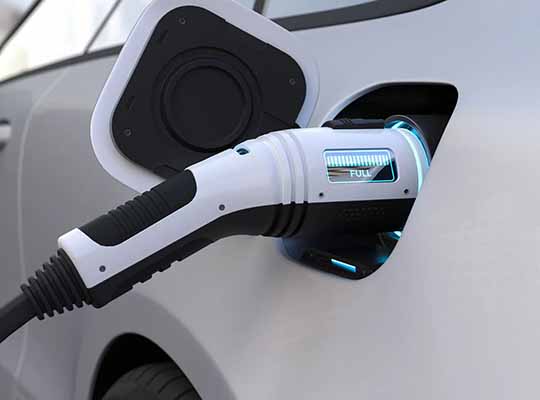BANGALORE, India : Electric Vehicle Charger Market is segmented By Type (On-board Electric Vehicle Charger (EVC), Off-board Electric Vehicle Charger (EVC), By Application ( Residential Charging, Commercial Charging, Workplace Charging) : Opportunity Analysis and Industry Forecast, 2022–2028. It is published in Valuates Reports under the Autos & Vehicles Category.
Electric Vehicle Charger market size is estimated to be worth USD 444710 million in 2022 and is forecast to a readjusted size of USD 2186460 million by 2028 with a CAGR of 30.4% during 2022 – 2028
Major factors driving the growth of the Electric Vehicle Charger Market
The rising initiatives to limit environmental pollution, massive electrification of fleets, and favorable government support for the development of electric vehicle charging infrastructure will expand the market during the forecast period.
Further, an increase in the number of EV charging stations, standardization of EV charging infrastructure, and rising demand for luxury and featured enabled vehicles with wireless and fast charging capabilities will augment the market growth in the coming years.
TRENDS INFLUENCING THE GROWTH OF THE ELECTRIC VEHICLE CHARGER MARKET
The growing focus on climate change solutions has increased the demand for electric vehicles. Clean energy transportation is a widespread goal for government and automobile industry players. The increasing fuel and diesel prices have shifted massive consumer demand toward electric vehicles. As a result, the electric vehicle charger market is set to grow even further in the upcoming years. Many big companies have set ambitious carbon-neutral targets. They are massively electrifying their fleets and last-mile delivery vehicles.
Many public sector organizations have created subsidies for installing EV chargers to overcome infrastructural issues. Ev charging stations are being subsidized partially or fully by government authorities around the globe. Moreover, many countries have set ambitious targets and are rolling out capital subsidies and state initiatives to increase the penetration of charging points. Delicensing the activity of setting up charging stations has increased private sector participation which is facilitating the growth of the electric vehicle charger market.
Common charging standards are generating cost benefits and creating economies of scale for both electricity companies and automobile manufacturers thereby fueling the expansion of the electric vehicle charger market. Standardization of charging ports ensures that drivers enjoy a convenient recharging solution. This eliminates the need for carrying multiple cables, adapters, and retrofitting costs for adapting to new charging systems. As a result, consumers will be able to choose their electricity supplier seamlessly. One can charge their vehicles in any region without feeling the hassles of range anxiety.
Charging stations at workplaces and public destinations are gaining widespread acceptance due to the availability of flexible charging opportunities. Customers are demanding hi-tech and luxury-enabled features in their EVs. Ease of charging is the top priority. Wireless charging has emerged as a new innovation. It uses an electromagnetic field to transfer electricity to an EV without a cord. Fast chargers are being installed at all strategic locations and brand dealerships to encourage quick charging. DC charging equipment enables a 100 to 200 miles range per 30 minutes of charge. Rapid charging solutions are being deployed in heavy traffic corridors.
ELECTRIC VEHICLE CHARGER MARKET SHARE ANALYSIS
Based on type, the onboard charger segment is expected to dominate in the electric vehicle charger market share due to ease of use, convenience, flexibility, and easy availability.
Based on end use, residential charging will be the most lucrative owing to an increasing number of residential complexes with modern EV-charging facilities.
Based on region, Asia-Pacific will grow the highest with China holding a market share of 35%. This is due to growing pollution levels, rising industrialization, favorable government support, and an increase in environmental consciousness amongst consumers.
Major Players
- Chargepoint(US)
- ABB(Switzerland)
- Eaton(Ireland)
- Leviton(US)
- Blink Charging(US)
- Schneider Electric(France)
- Siemens(Germany)
- General Electric(US)
- AeroVironment(US)
- IES Synergy(France)
- Chargemaster(Elektromotive)
- Efacec (Portugal)
- Clipper Creek(US)
- DBT-CEV(France)
- Pod Point(UK)
- BYD(China)
- NARI(China)
- Xuji Group(China)
- Potivio(China)
- Auto Electric Power Plant(China)
- Wanbang(China)
- Qingdao Telaidian(China)











